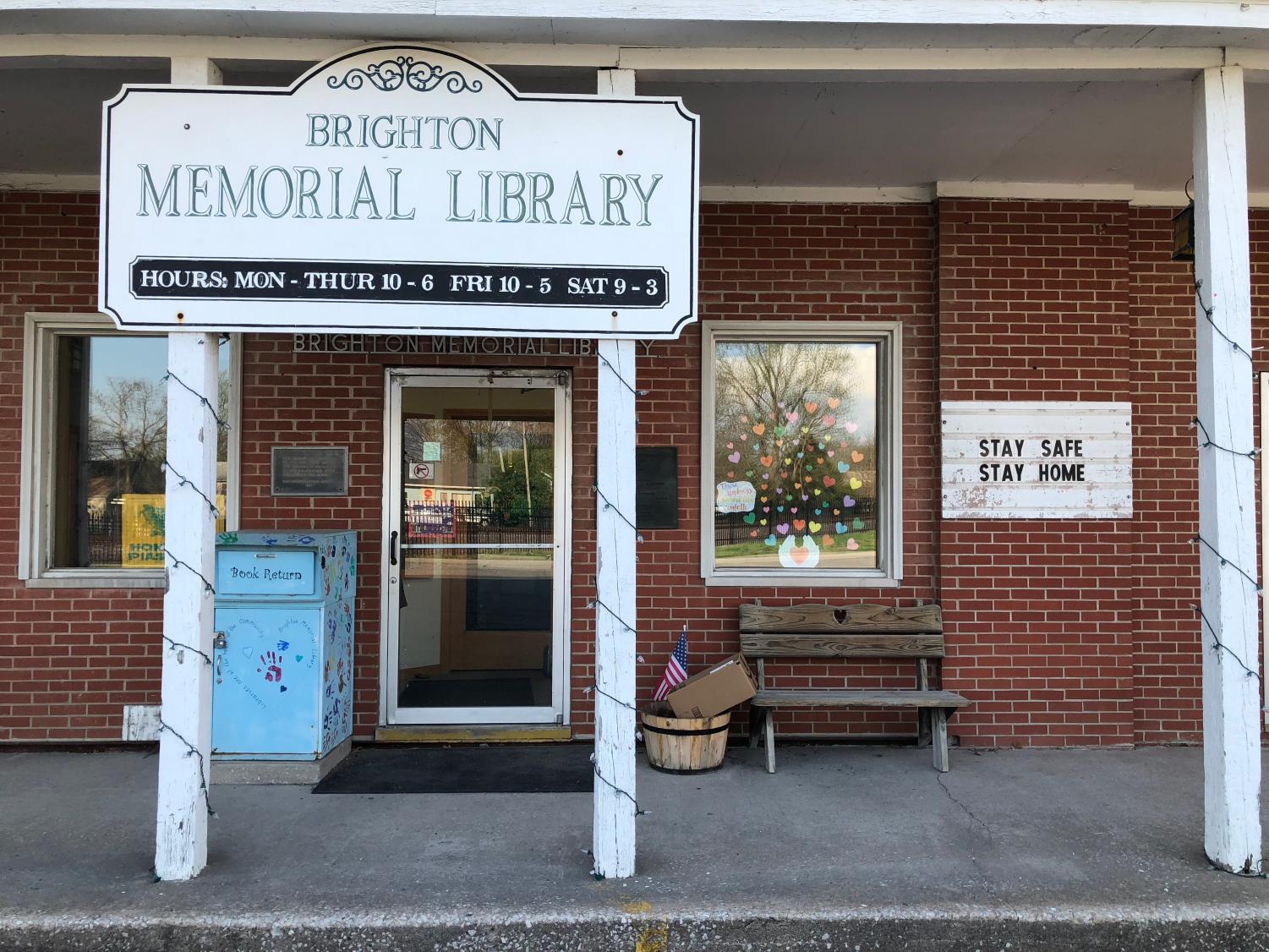The Future Shouldn’t Return to Normal
\
April 11, 2020
The Decaturian isn’t in your hands on a weekly basis but we’re still here, trying to give a voice to Millikin students. That being said, we’re giving you our stories — how we’re getting along in a new world. This is part assignment, part reporting and part recording the world we live in now.
These first excerpts are from Newswriting students and Decaturian reporters. But we’d love to hear from you as well. Tell us what your life is like. And send a picture of your experience. Send your story to Athena Pajer and Sydney Sinks at [email protected].
Thank you and stay safe.
– The Decaturian Staff
Social distancing means that I miss everybody, but we still find ways to spend time together. I had never heard of Zoom before, and now it’s one of my favorite apps. My friends and I talk for hours on Zoom.
We have the obligatory conversations about social distancing, online classes, and scary rumors we’ve heard about cases in our county. Then, we force ourselves to stop talking about it. Everyone could use a break from the constant bad news. It’s strange because we’re not going anywhere or doing anything; you’d think that we’d run out of things to talk about. But we all miss each other more than we let on.
Last week, we held a virtual birthday party for one of my roommates, singing into our phones and promising to celebrate properly “when everything gets back to normal.”
That has been the most important word over the last few weeks: normal. Our new normal. Things will return to normal. One of my professors promises this in almost every Zoom call.
But I don’t think we can find the old normal, because we are all collectively dealing with this, and we will all collectively have to deal with the fallout. Just like tragedies in the past have changed our culture, I think that this will, too.
I’m hoping that it will be a positive change. The pandemic has revealed the cracks in our society: problems in our healthcare system, the fragility of our economy, and, most importantly, the millions of people who are barely surviving even when there’s not a global pandemic, even in the best of circumstances.
I don’t want to go back to the way things were before – I want to finally address some of the problems that have always existed. This pandemic has just brought them to the forefront.
I think that we keep talking about a return-to-normal because we need to convince ourselves that the fear isn’t a constant. We’ll take up our lives again soon. In the meantime, everything has stopped.
I find it almost nauseating to plan ahead when everything is up in the air – in the midst of a global pandemic, how can I put together a course schedule for next semester? – but it’s also a relief. My friends make grandiose plans about the things we’ll do when this ends. My roommate and I dream about moving to New York after graduation while skillfully avoiding talking about the tragedies that are unfolding in New York right now.
I message my friend that we should go to Italy and we start planning a phantom trip over Snapchat, escaping to a faraway time when people are better, we’re allowed to travel, and we have the money to go. There are a lot of reasons why it’s not realistic, but looking ahead feels better than being stuck in the “now,” surrounded by terrible news and desperation.
We survive by washing our hands and letting ourselves believe that we might actually do these things someday when things are better – when they’re back to normal. For now, though, we just promise to see each other soon. And we get through it.
